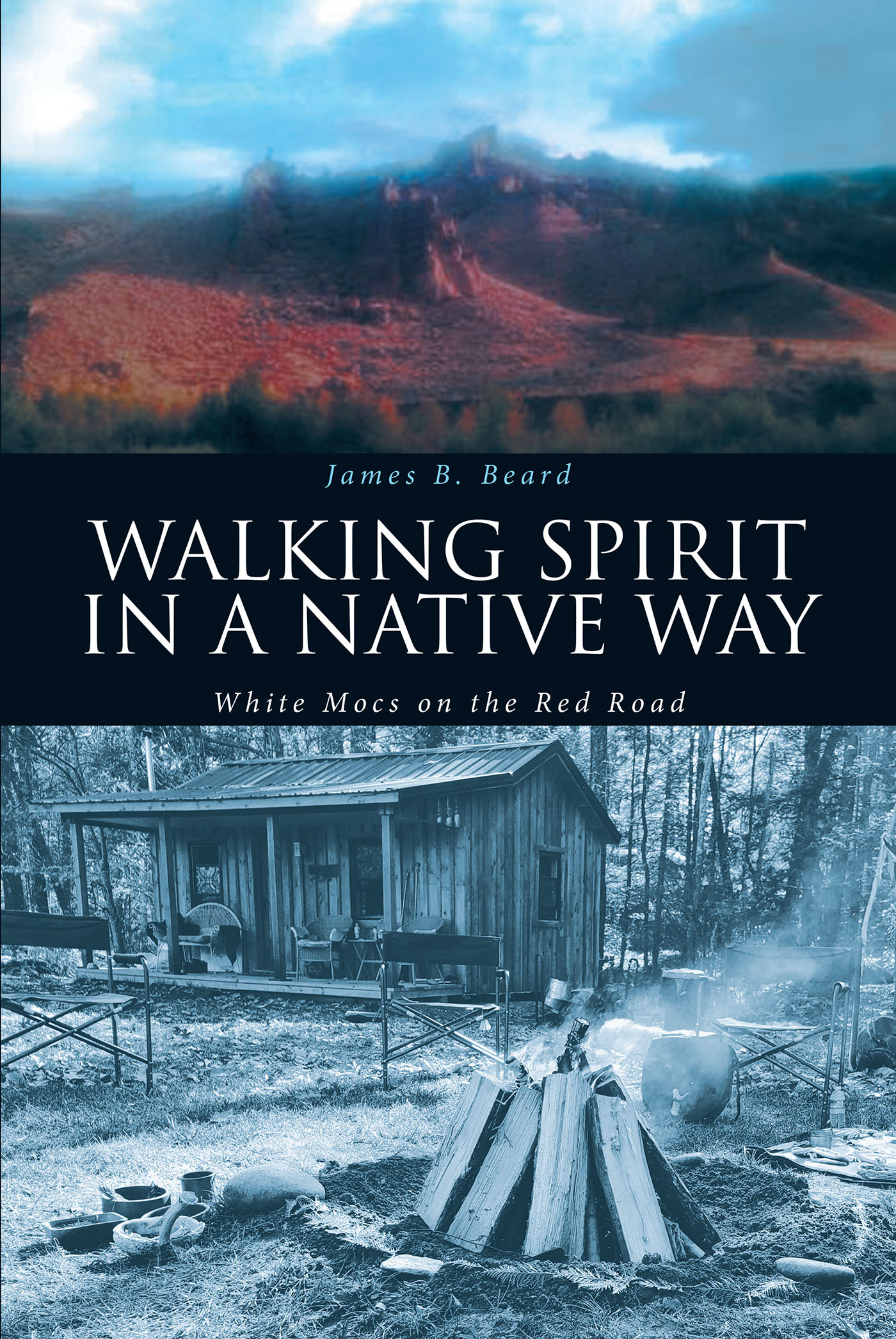Angus on Manitoulin Island
Angus on Manitoulin Island
This is what he told me!
Nishnung and I were traveling to see Gordy Wendsiban at Sheguanda First Nation on Manitoulin Island in Ontario Canada. We drove most of the night from The Grand Monadnock in New Hampshire and arrived just before sunrise. Gordy invited Niishnung to be the chief firekeeper for a traditional powwow that he was hosting. We were just in time to light the fire. Some of the Elders were already at the fire waiting as we entered. I smudged the area and the people with sage and helped a man named John to prepare the fire for lighting. Nishnung and Gordy led the ceremony, and the fire was lit. My work would be to help take care of the fire for the next four days.
People began to arrive and would come by the fire to offer their prayer in tobacco to the Creator and Spirit world. Many of them spoke only Ojibwe as they came by. This place is a traditional community, and the language of the people is still spoken here. Nishnung knew almost everyone as they came. I had only visited this community one time before and only knew a few of the people. The other firekeeper working with me would be John Keon. John and I spent most of the day and much of the night talking and coming to know each other. We would take turns resting while keeping the sacred fire.
On the morning of the second day more people began to come by. Many were from neighboring communities and others were Metis people. The Metis are a people of French ancestry that came into the Ojibwe tribes as far back as the 1500s. They were French Portage and trappers who came to live amongst the Ojibwe people.
At about noon a van pulled up near the fire. A powered wheelchair was unloaded, and an old man got out of the van and into the chair. All of the people nearby came up to greet him. Only the Ojibwe language was spoken. He was obviously a very respected Elder of the community.
I asked John who that man was. He told me that the man's name was Angus, and was in his nineties. I could tell by the way the people honored him that he was indeed a highly respected Elder. Many of the old Elders avoid contact with light-skinned people from the outside so I kept my distance.
At the Grand Entry, Angus would be the lead Elder for the entry dance. Lead dancers came first carrying tribal staffs with Eagle feathers instead of flags. This is the old way.
I avoided coming near where Angus was for the rest of the day out of respect for his traditional ways. He must have stayed in one of the tipis during the night.
I was on the fire that night and was thirsty, so I went over to where there was a water spicket to get a drink. It was right at sunrise and next to the spicket was an electrical outlet. As I was getting my water Angus came up behind me in his electric wheelchair and plugged into the electric outlet. I turned to him and said boozhoo (hello). He answered, "Mino gzheb" (good morning). "Annii azhinikazug", (who are you?). I answered, "Nodin indizhinikaz" (my name is Wind). There was silence for a moment. My language fluency in Ojibwe is limited and I did not want to offend him by speaking English.
Angus then spoke to me in English and began to tell me a story.
"When I was a boy, I lived here with my two older brothers, my younger sister and my mother and father. We followed the old ways. In those times many people were becoming Christians. All of the people were told that they needed to follow the Christian faith of the catholic long black robes. Periodically, the Christians would do an inspection of the homes of the traditional people. They would look to see if the homes were habitable and if they found anything wrong, they would take the children away. One time they came to my home and took my two older brothers away. Later they came back and took my father away. I could not understand. We were happy together.
"A year later the long black robes came again and this time they took my sister and me. I was about eight years old at that time. They took us to a big stone building on the mainland they said was a school. I could not speak English at the time, I only spoke Ojibwe.
"We were gathered in a large hall with many other children from different communities. We were told to take all of our clothing off and put them in a pile in front of us. The boys and the girls did this together They hosed us down and washed us. Then they lined us up standing there naked and a nun started talking to us in English. Most of us could not understand what she was saying. Those that could understand told us that we were only to talk English and we would be given new cloths and a new name. We would cross the great hall to a table at the end of the hall and then a nun would hand us our new clothes. Then we were led to another room and a nun cut all of our hair off. I remember crying and being afraid to say anything. I said miigwich (thank you) and the nun swatted at me and said speak only English.
"The next day they brought all of us out in front of the big stone building. In front of us laid all the clothing and items that we had brought along with the hair they had cut off of us. The long black robe started talking to us and lit the pile on fire as we watched. Then they lined us up and gave each off us English names.
"It was a long time before I could speak English or understand it. One day they heard me say something to an Ojibwe friend in my language. The nun grabbed me by the arm and dragged me into a room. She tied me down on a table and beat me with a willow stick. She yelled at me and kept me there for three days. They did terrible things and I wished I was dead.
"One time I was in the school yard playing with my friends. I heard someone call out my name in Ojibwe. The voice came from far away. There was another brick building on the other side of the field. It was said to hold the crazy people, It was an insane asylum. I looked in that direction and saw a man looking through a window that had bars on it. The man was my father. That was the last time I ever saw him.
"After I left that place, I went to Toronto and did odd jobs. I couldn't understand Ojibwe anymore. I could only speak English. I drank a lot so after a while I couldn't work. I spent those years living on the street. Sometimes people would try to get me sober, but it never lasted very long. Then a few years ago I came back here. Gradually I got my language back and stayed sober."
While he spoke I didn't say a word. He looked at me and said, "mino giizhigud", (it is a good day). I answered, "gegit" (definitely). "Mino giizhigud".
He turned his wheelchair around and went up the path.
Postscript 6/7/2023: Recently I was informed that Angus traveled over in about the year 2020. He was in his 90's when he traveled. His story has been told!












This is a profoundly touching story. I had tears running down my face towards the end. Long live Angus!! Miigwech for bringing him to life, for those like me ,who did not meet him. He is now in my heart, always.
ReplyDelete